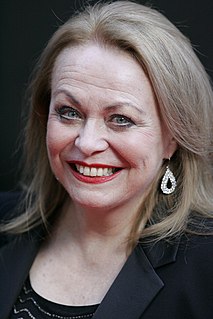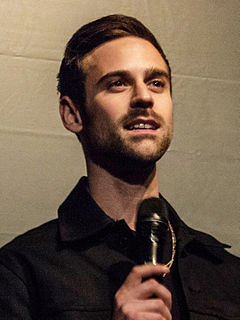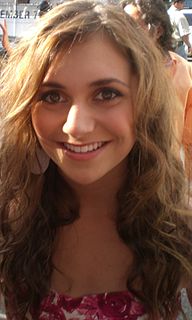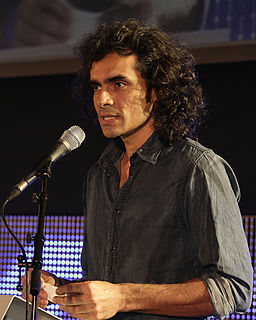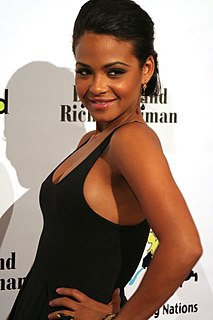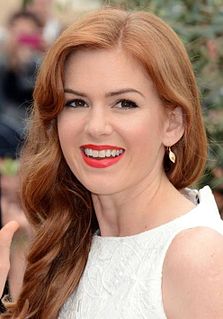A Quote by Jesse Eisenberg
I don't attribute an actor's great success to their own individual performance when it's something as collaborative as a movie.
Related Quotes
The director is the most important because, ultimately, as an actor, when you watch a movie, it looks like an actor is giving a performance, and they kind of are. But, what's actually happening is that an actor has given a bunch of ingredients over to a director, who then constructs a performance. That's movie-making.
I've never acted before in a movie I've directed. This felt like the time to do it just because the " Leaves of Grass" movie itself is so much of a platform for the lead actor. It's really written for an exciting performance and it really depends on the audience watching an extraordinary actor having a great time pulling off this feat. It makes sense to me as a director to act in support of that.
For me it's a new experience every single time, because - The dance community has a great strength in synergizing immediately. So we recognize that opposed to being competition, which we are in the audition process, once we're on the job is about cohesion, it's about striving to highlight each individual in their own element, while also creating something that is visually tantalizing to the audience. While the ingredients of each movie has been different, the recipe for success is the same, which is to click immediately and make the best possible movie.
The difference between this film [Your highness] and Pineapple Express was pretty much in the logistics of the technical ambition of the movie, and the size and scope of the movie. Pineapple Express was a great success, and that was something that we wanted to capitalize on, but we wanted this movie to be bigger, more adventuresome, bring a bigger audience to the movie, and challenge ourselves to do something new.
You can say something that can really help and actor and you can say something that can really get in the way of an actor's performance, kind of cut them off from their instincts and really get into their heads. And every actor's different. Every actor requires something different. Being an actor, for me, was the greatest training to be a writer and director.
I would like to believe that I am a collaborative actor. That's why I love all the directors I have worked with in recent times, as they are all collaborative directors. I think my constant desire is to keep bettering my own work. I don't get easily satisfied with my work; I am very critical of it. I learn from my mistakes.
There's a real tension between it being a collaborative art process, which is almost like performance art of yourself, and, as we talk about the movie, it's kind of a mix between melodrama and cinéma vérité. This involves ideas about playing the role of yourself and the movie of your life and all these other things.



